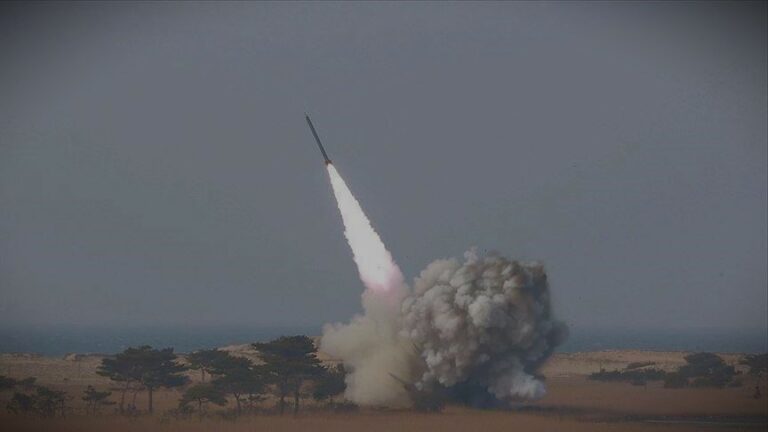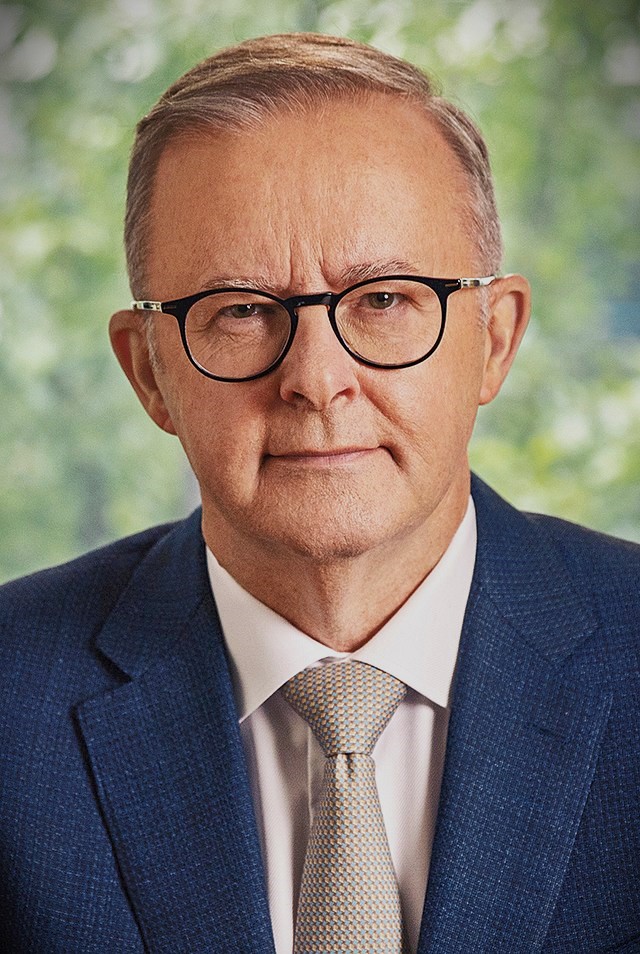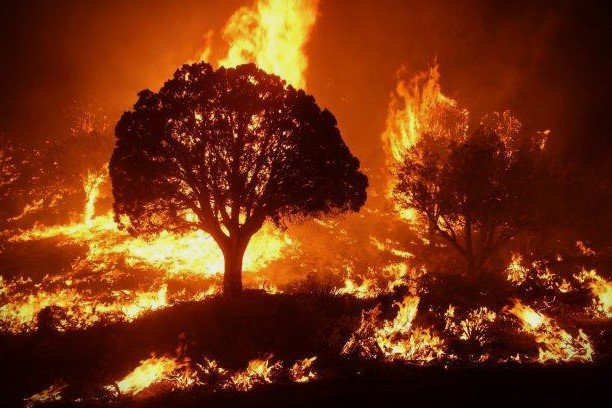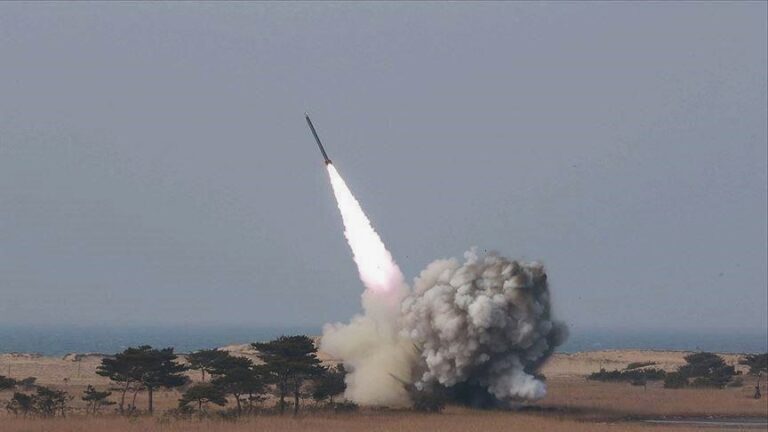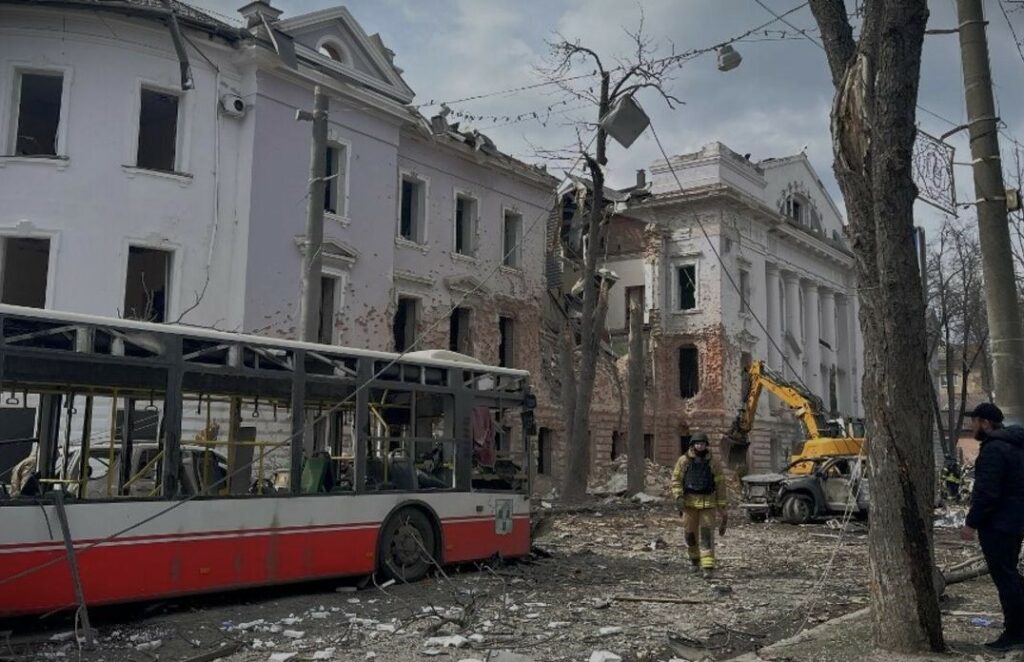
Tragedy struck the northeastern Ukrainian city of Sumy on Sunday, April 13, when a Russian missile assault ripped through a busy neighborhood as locals gathered for Palm Sunday church services. At least 34 civilians, including two children, were killed in what has become one of the deadliest single attacks on Ukraine’s civilian population in over a year. More than 100 others were wounded.
The strike, carried out with Iskander-M ballistic missiles reportedly launched from Russian territory, came at a time of peaceful religious observance, amplifying the horror and outrage both inside Ukraine and abroad. Eyewitnesses described scenes of panic as families were caught in the blast near places of worship and public transit stops. Debris from collapsed buildings littered the streets as emergency responders worked frantically to rescue survivors.
Ukrainian President Volodymyr Zelenskyy condemned the attack as an act of terror, accusing Moscow of intentionally targeting civilians on a holy day. “Ballistic missiles do not negotiate. They kill. And the world must respond,” he said in a national address.
International leaders swiftly reacted with condemnation. European Commission President Ursula von der Leyen labeled the assault “barbaric,” while French President Emmanuel Macron called for immediate, decisive international action to halt Russia’s aggression.
With the global spotlight once again fixed on Ukraine, the devastating attack has reignited calls for stronger air defense support and raised urgent questions about the effectiveness of current diplomatic efforts to end the war.
